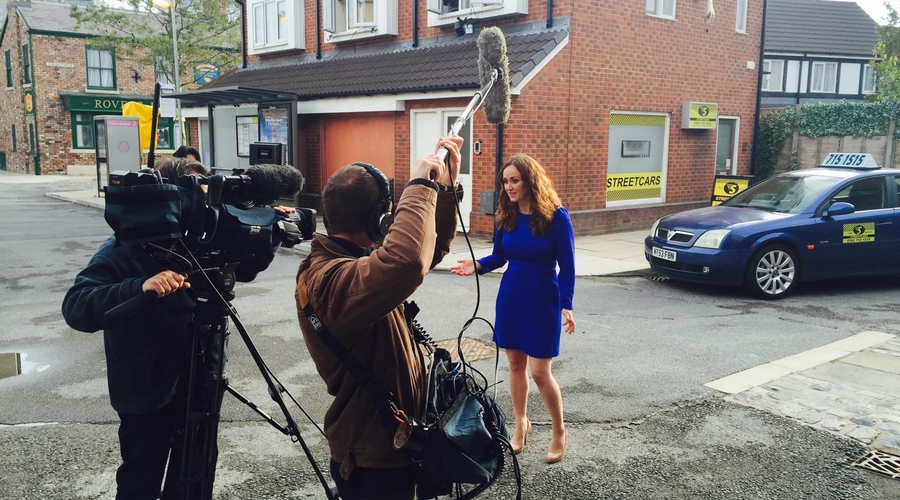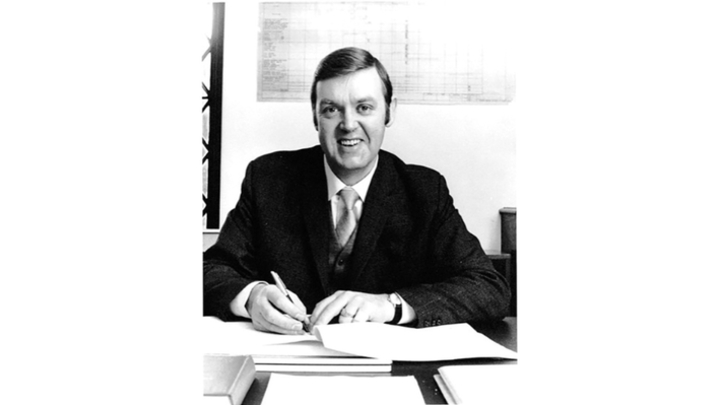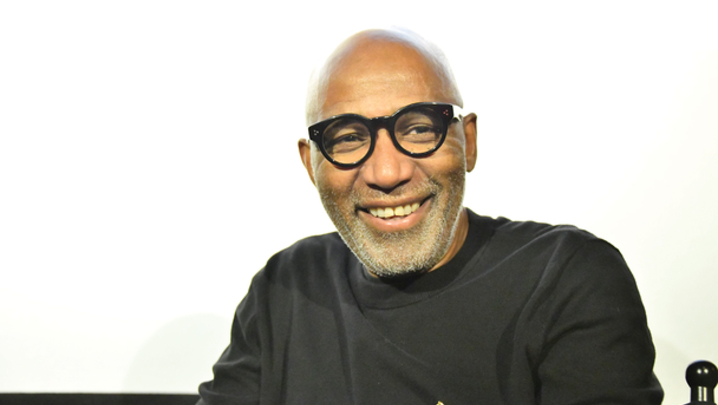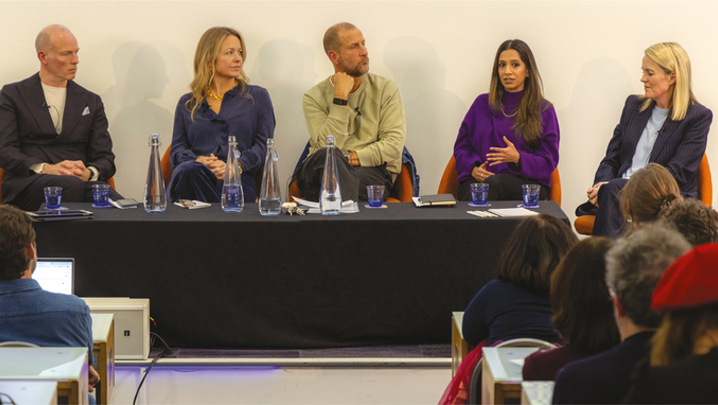How do you find a series that returns year after year? Matthew Bell discovers the secrets of TV’s long runners.
Returning formats are the holy grail of factual entertainment, treasured by their production companies, broadcasters and audiences.
Scotland makes many of these long runners, including Homes Under the Hammer, Antiques Road Trip and Love It or List It. And, at an RTS Scotland event on the last day of March – chaired by Martel Maxwell, a presenter on Homes Under the Hammer, now in its 25th series – the people who make and commission these formats revealed why they work.
“They’re not easy but when you get them, they’re amazingly rewarding for us as producers and for commissioners,” said Andrew Jackson, co-creative director at Raise the Roof Productions, which makes Love It or List It, now in its eighth series.
According to Craig Hunter, creative director of factual at STV Studios (maker of Antiques Road Trip and its celebrity version, which have clocked up almost 700 episodes), “creating a recognisable brand” is key. “It’s about giving your series a look and a feel that gives it a real tone and point of difference from everything else that’s out there.”
But Jo Street, head of daytime and features at Channel 4, admitted: “You can have every ingredient” but series don’t necessarily succeed. “We did the Great Cookbook Challenge: we had Jamie Oliver, we had brilliant casting, we had a brilliant format – and the audience didn’t gravitate to that show.
“First series are really tricky because everyone’s still learning…. Everything is so crowded – there’s so much choice. And I think sometimes broadcasters are too quick to go, ‘Well, it’s not done massive volume, so
it’s not going to come back.’”
Find and back talent, was Jackson’s argument: “When Kirstie Allsopp and Phil Spencer first landed on Channel 4 in Location, Location, Location, very few people watched them… but [then-factual entertainment chief] Ben Frow thought, ‘Actually, these guys are quite interesting – let’s give them another try…. Lo and behold, 22 years later they’re still on the channel.”
How important is a title? “[It] grabs an audience, but a good title is not going to keep you there for 60 minutes to watch a show that’s not watchable,” said Lion TV’s Mat Marsters, exec producer of Homes Under the Hammer.
Street disagreed: “I think a title’s bloody important, and [becoming] more and more important because it’s sometimes the only thing at your disposal to attract someone to click on the EPG and watch the bloody thing.
“I totally agree with you [Mat], it won’t make you stay, but we need people to sample it – and then, hopefully, the editorial’s strong enough to keep them.
“[You need] titles that tell you what you’re going to get and then a format that gives you what you’re promised.”
Caroline McCaw, a researcher who has worked on Love It or List It, pinpointed casting: “People are so important – you can have a great format, but it’s very much the talent and your contributors that sell it to the audience.
“These formats and programmes, they’re kind of a story in themselves, and you want your contributors to be the hero of that story – they need to be people that the audience want to see succeed, they want to root for them.”
And, added Jackson, a show needs a “reveal… you need something to build to, otherwise [viewers] will drift away.”
So what were the panellists’ favourite returners? For Street, it was MasterChef, a “masterclass of a format”; Hunter and Jackson plumped for Dragon’s Den. The latter also named I’m a Celebrity… Get Me Out of Here! – “It works because it’s celebrities having a miserable time.”
McCaw went for relative newcomer Interior Design Masters with Alan Carr, while Marsters chose Repair Shop, a “national treasure”. He added: “We’re all kicking ourselves that we didn’t [come up with] that.”
‘The holy grail of TV: Returning formats’ was held on 31 March.







